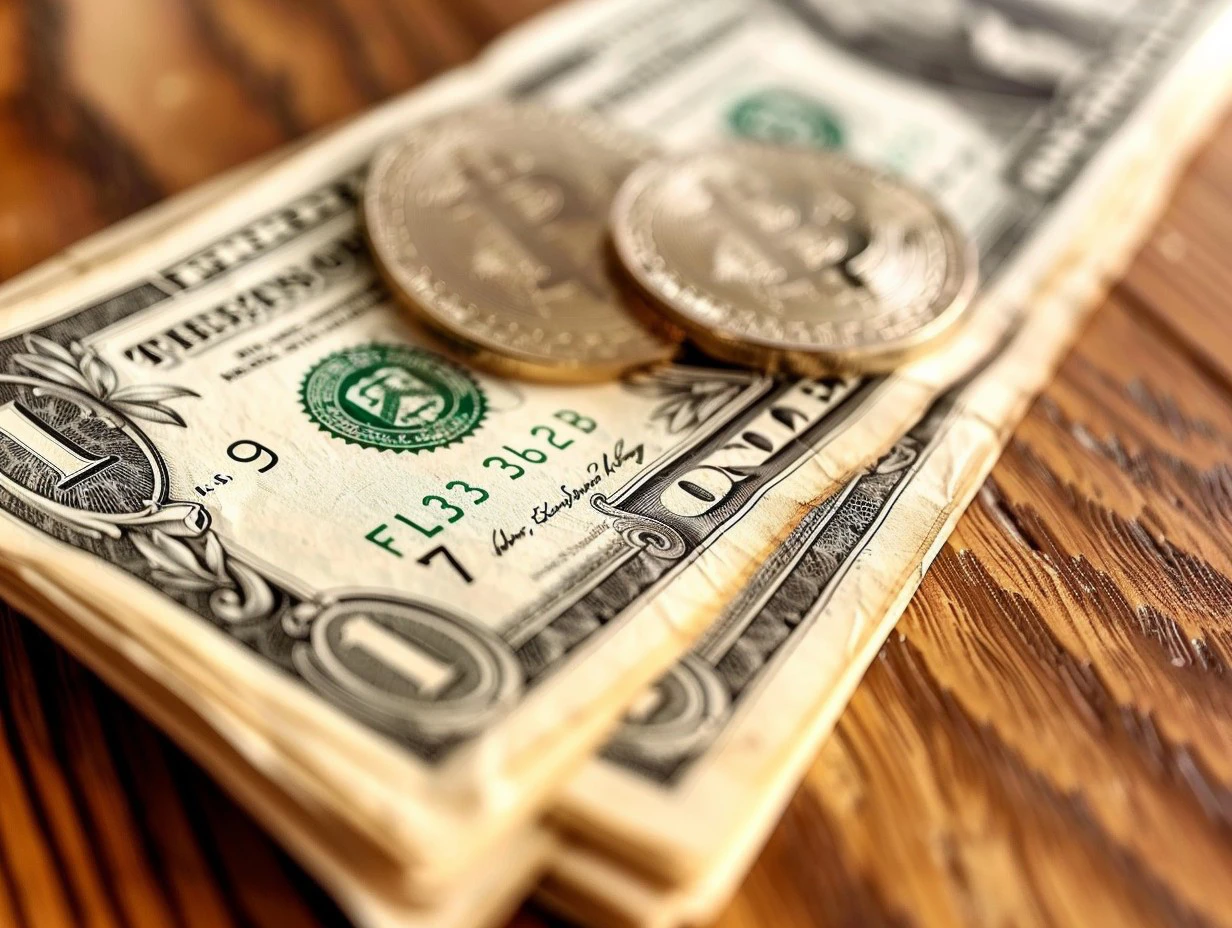In Japan, the Financial Services Agency (FSA) is set to lift the ban on the domestic distribution of foreign-issued stablecoins in 2023. This will be part of a proposed cabinet order and cabinet office ordinances amending the Payment Services Act for 2022. The changes are expected to take effect by early June.
The new regulations will require issuers to link stablecoins only to the Japanese yen or another legal tender and establish requirements for electronic payment instruments, as well as develop the related registration procedures.
Additionally, the FSA will be collecting public comments regarding the Payment Services Act changes until Jan. 31, 2023, and anti-money laundering (AML) regulations need to be in place before lifting the ban.
The new regulations could have a significant impact on the crypto industry in Japan as presently, none of the 31 FSA-registered Japanese exchanges offer stablecoin operations. Major crypto exchanges such as Coinbase and Kraken have recently pulled their operations in Japan due to low trading volumes in the country’s market.
The new regulations will also open up opportunities for international remittances to become faster and cheaper. With the FSA’s expected lifting of the ban on foreign-issued stablecoins, more firms and exchanges offering these services could move into Japan, ultimately providing customers with more options to utilize their digital assets.
It remains to be seen how the new regulations will affect Japan’s crypto industry, but they could be a positive step towards bringing in more stability and making cryptocurrencies more accessible to the public.
With the implementation of these latest measures, Japan is taking progressive steps toward building a mature cryptocurrency ecosystem that caters both to investors and ordinary users alike.
This could help encourage more investment in the Japanese cryptocurrency market and create a safe and secure environment for digital asset trading.
Japan and crypto
Japan’s crypto scene has been a bit rocky recently. The exit of top exchanges Kraken and Coinbase from Japan was yet another sign that the digital currency industry is undergoing a consolidation phase, as more exchanges exit the market due to increased regulatory scrutiny.
Customers may move their cash to another virtual asset service provider, a self-custodial wallet, or Coinbase itself, the business explained. Customers may withdraw funds and deposit them into an account with a financial institution in their home country.
Since Coinbase is committed to minimizing any inconvenience caused by the cancellation of its services, it reassured its customers that they would always have access to their money, the company said.
As for Kraken, the company stated on its blog that as of January 31st, Japanese users would no longer be able to access their fiat and cryptocurrency funds on the exchange. They may get their money out of their Japanese yen bank account or send their cryptocurrency to an external wallet.
Ultimately, for the citizens of Japan, the news of Kraken and Coinbase’s departure could be a cause for concern, given that their withdrawal will mean fewer options to trade, use, or invest in crypto in the country.





